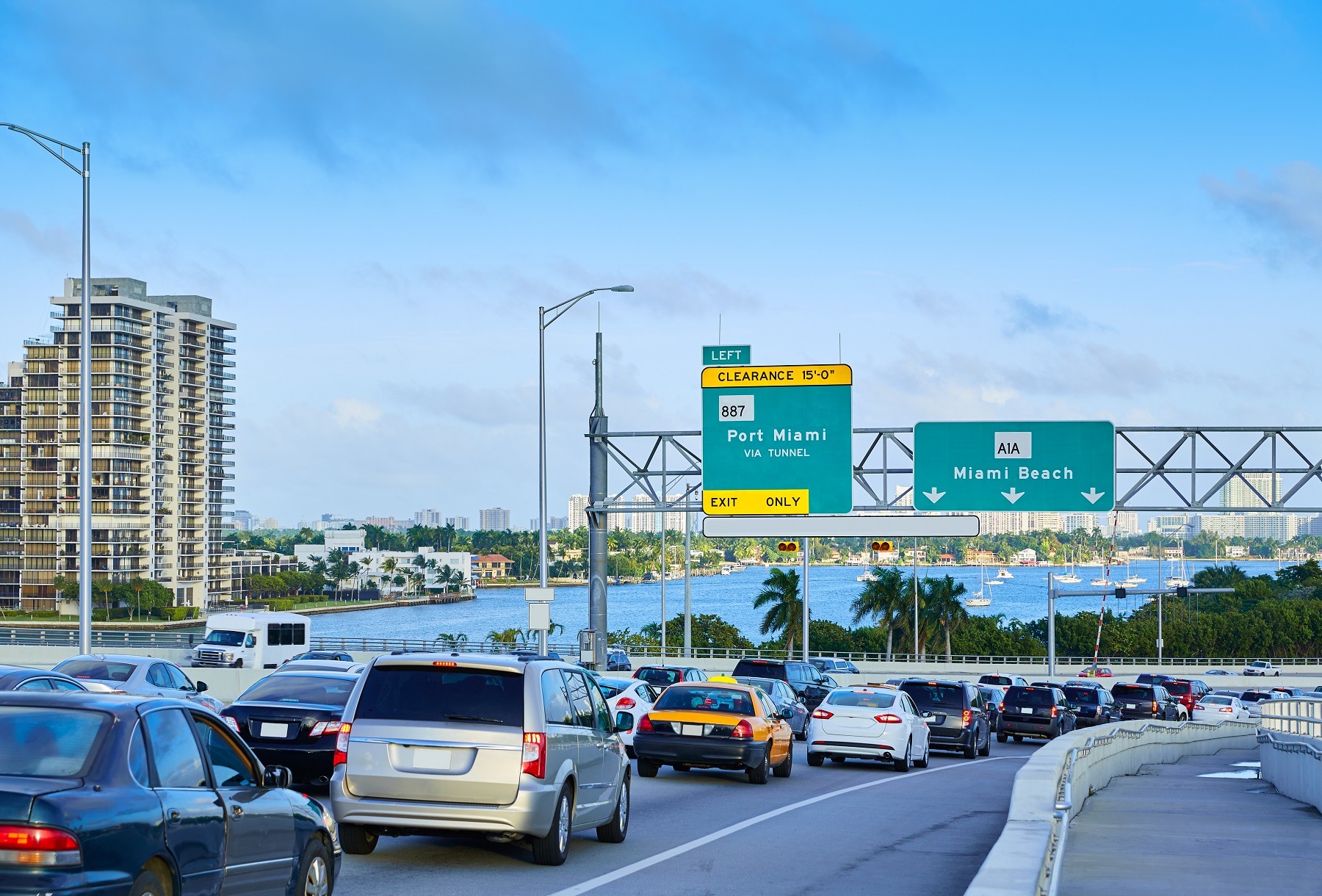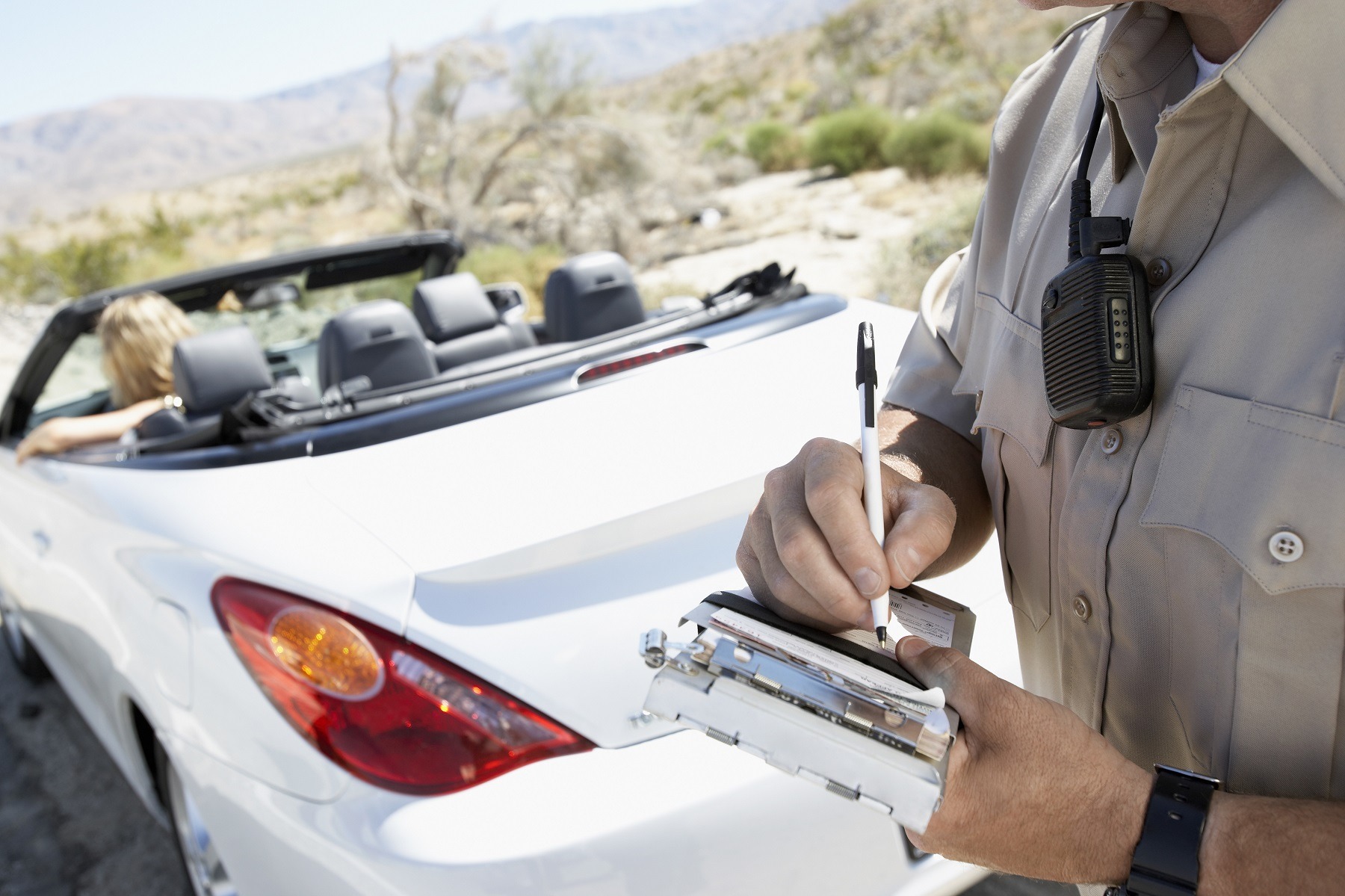
Just like other states, there are Florida speed limit laws you need to be aware of when driving a vehicle in Florida. Whether you are a new driver or have been driving for years, it never hurts to do a quick review of the current speed limits in Florida for different types of roadways, highways, freeways, and toll roads.
What Are the Speed Limits in Florida?
Florida has what they call “standard” speed limits in effect for various roadways as follows:
- Residential Areas: 30 MPH (Miles Per Hour)
- Business Areas: 30 MPH
- School Zones: 20 MPH
- Municipal Areas: 30 MPH
- Interstates: 70 MPH
- Toll Roads: 70 MPH
- Highways: 70 MPH
- S./State Rural Highways: 60 MPH
These speed limits are what you should follow when there are no posted speed limit signs on the road. Please keep in mind, posted speed limits can be lower than “standard” speed limits.
Do I Have to Drive That Fast?
It is essential to remember that these and posted speed limits show the maximum speed you can legally drive on dry roads in good conditions. If it is wet, rainy, windy, or foggy, you should slow down and drive slower to match the type of road conditions. You want to drive at a safe speed to maintain full control over your vehicle, even if it is slower than the maximum speed limit.
Can I Get a Ticket for Driving Too Slow?
In Florida, you can get a ticket for driving too slow on the road. If you are driving so slowly that you increase risks of causing car crashes, blocking vehicles from safely passing, and creating a general safety risk on the road, you could be stopped and given a ticket.
What Is the Fine for Speeding Tickets in Florida?
The amount of the fine will vary based on how much you exceeded the speed limit and where you were speeding. For example, if you were speeding through a school zone or construction zone, the fines are significantly higher than driving five miles over the speed limit in a residential area.
Depending on how fast you were driving, you can have your license suspended for a varying period of time in some cases. If this should happen, you will be required to pay a fine to get your license reinstated. If you get too many tickets in a short period, you can also be classified as a habitual traffic offender (HTO) and lose your license.
Is There Any Way to Get Out of a Speeding Ticket in Florida?
 Florida does allow you to take a 4-hour basic driver improvement course, in some cases, to have your ticket forgiven or suspended. If the ticket is suspended, it means that, as long as you do not get another ticket in the suspension period, then the ticket will be forgiven later.
Florida does allow you to take a 4-hour basic driver improvement course, in some cases, to have your ticket forgiven or suspended. If the ticket is suspended, it means that, as long as you do not get another ticket in the suspension period, then the ticket will be forgiven later.
However, you still may have to pay the fine. If you are a repeat offender, Florida may allow you to take an 8-hour intermediate driver improvement course to have the ticket forgiven. If you are classified as an HTO, you have to complete a 12-hour advanced driver improvement course (ADI) to get your license reinstated.
In Florida, it is better to drive safely and never exceed the speed limit so you don’t have to worry about getting a ticket. If you do get a speeding ticket, it is a good idea to volunteer to take a 4-hour basic driver improvement course online to keep the points off your license, which can also help with any insurance increases.
Register and enroll for a Florida state-approved basic, intermediate, or advanced driver improvement course online at Ticket School today! You can also call us at (800) 558-9887 if you have further questions.
